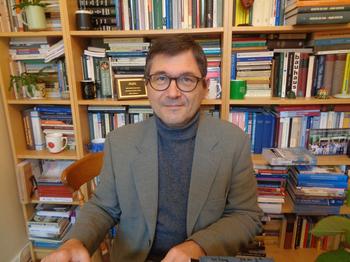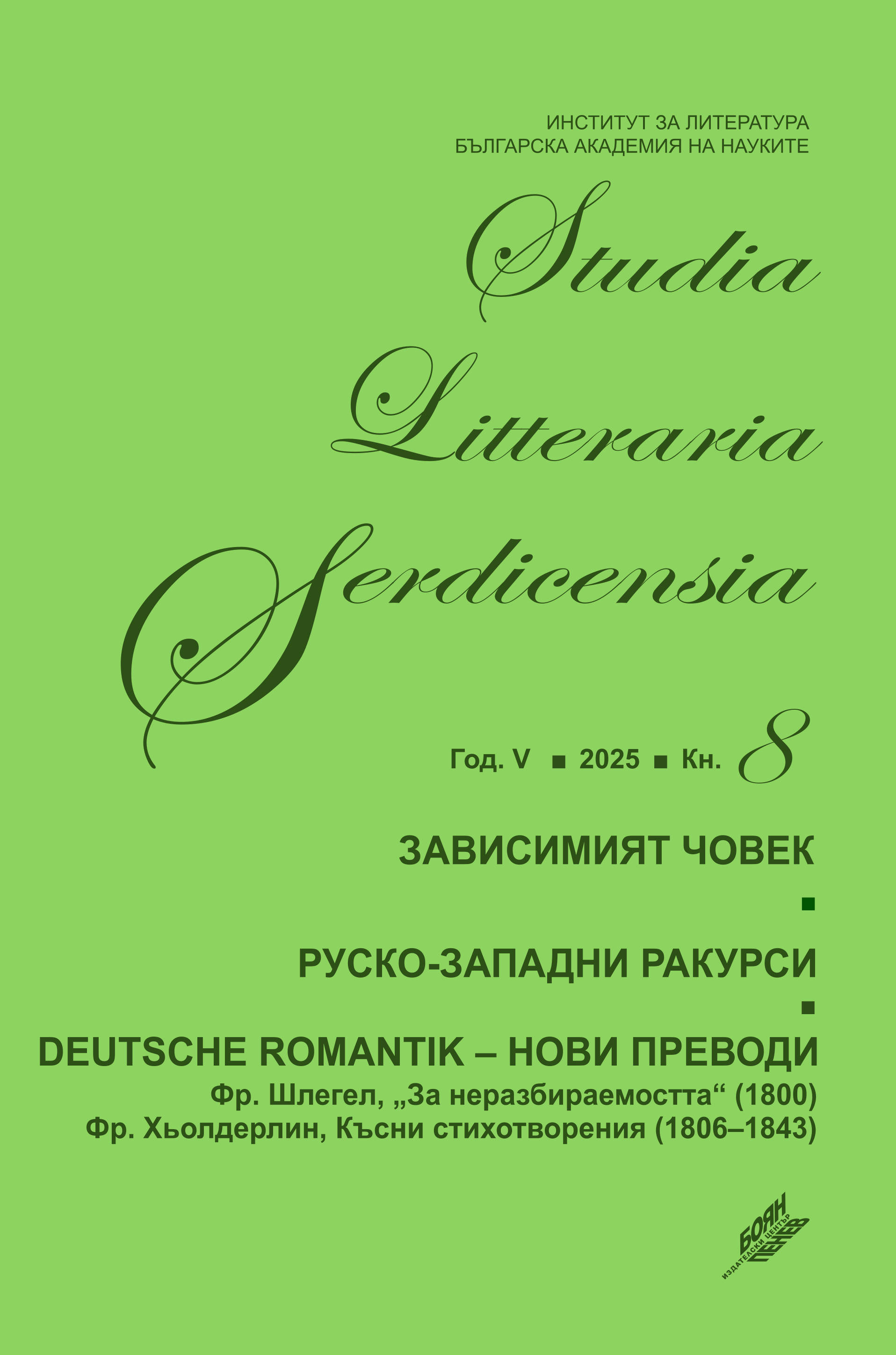This text wants to pursue a somewhat different direction in the cur- rent conversation on world literature; it seeks to ‘multiply’ world literature and demonstrate that there is no world literature per se, but rather different world literatures, because at different times different communities produce different constructs that they label as world literature. In my title, I signal that here we are dealing with answers to the questions what world literature is and how to write its history that come from Soviet Russia, encompassing a period of some seventy years. My emphasis is on the lessons one could learn from the Soviet attention to world literature; foremost amongst these is the compelling determination of Soviet intellectuals to conceive of world literature in a systematically non-Occidentocentric manner. With this, the Soviets were pioneer- ing an approach to world literature that foreshadows our current concerns, as I will try to demonstrate. But there is also another lesson emerging from the Soviet preoccupation with world literature: the conversation on world literature does not proceed in a vacuum, it is constantly interacting with, impacting on, and being impacted by, the conversation societies have about national literatures and literary theory. I begin by briefly adumbrating four historically attest- able meanings of ‘world literature’ that are still at work in the Soviet debates; I then identify three different cultural and ideological horizons (or frameworks) of thinking about world literature in the Soviet Union and, significantly, locate their common ground, the glue that bound them together, in the master approach of de-Westernizing the very notion of world literature, an attitude consistently enacted by Soviet intellectuals engaging with the history of world literature.
WORLD LITERATURE IN THE SOVIET UNION: INFRASTRUCTURE AND IDEOLOGICAL HORIZONS
-
YEAR: КНИГА 8PUBLISHED ON :
PUBLISHER: INSTITUTE FOR LITERATUREISSN (Print): 2738-7631ISSN (Online): 2815-2999
-
-

- NAME: Galin Tihanov
- INVERSION: Tihanov, Galin
- E-MAIL: [email protected]
- INSTITUTION: Queen Mary University of London
- ORCID: 0000-0002-0007-6908
- SCOPUS: 24175231500
Galin Tihanov is the George Steiner Professor of Comparative Literature at Queen Mary University of London. He is the author of five books, most recently The Birth and Death of Literary Theory: Regimes of Relevance in Russia and Beyond (Stanford UP, 2019) which won the 2020 AATSEEL Prize for “Best Book in Literary Studies”. His co-edited volume A History of Russian Literary Theory and Criticism: The Soviet Age and Beyond (2011) won the 2012 Efim Etkind Prize. His work in intellectual history and on cosmopolitanism and world literature has been widely translated. His last book in Bulgarian is World Literature. Cosmopolitanism. Exile (2022). Tihanov has been elected to the British Academy and to Academia Europaea.
-
-
 ABSTRACT
ABSTRACTThis text wants to pursue a somewhat different direction in the cur- rent conversation on world literature; it seeks to ‘multiply’ world literature and demonstrate that there is no world literature per se, but rather different world literatures, because at different times different communities produce different constructs that they label as world literature. In my title, I signal that here we are dealing with answers to the questions what world literature is and how to write its history that come from Soviet Russia, encompassing a period of some seventy years. My emphasis is on the lessons one could learn from the Soviet attention to world literature; foremost amongst these is the compelling determination of Soviet intellectuals to conceive of world literature in a systematically non-Occidentocentric manner. With this, the Soviets were pioneer- ing an approach to world literature that foreshadows our current concerns, as I will try to demonstrate. But there is also another lesson emerging from the Soviet preoccupation with world literature: the conversation on world literature does not proceed in a vacuum, it is constantly interacting with, impacting on, and being impacted by, the conversation societies have about national literatures and literary theory. I begin by briefly adumbrating four historically attest- able meanings of ‘world literature’ that are still at work in the Soviet debates; I then identify three different cultural and ideological horizons (or frameworks) of thinking about world literature in the Soviet Union and, significantly, locate their common ground, the glue that bound them together, in the master approach of de-Westernizing the very notion of world literature, an attitude consistently enacted by Soviet intellectuals engaging with the history of world literature.
SUBJECT

